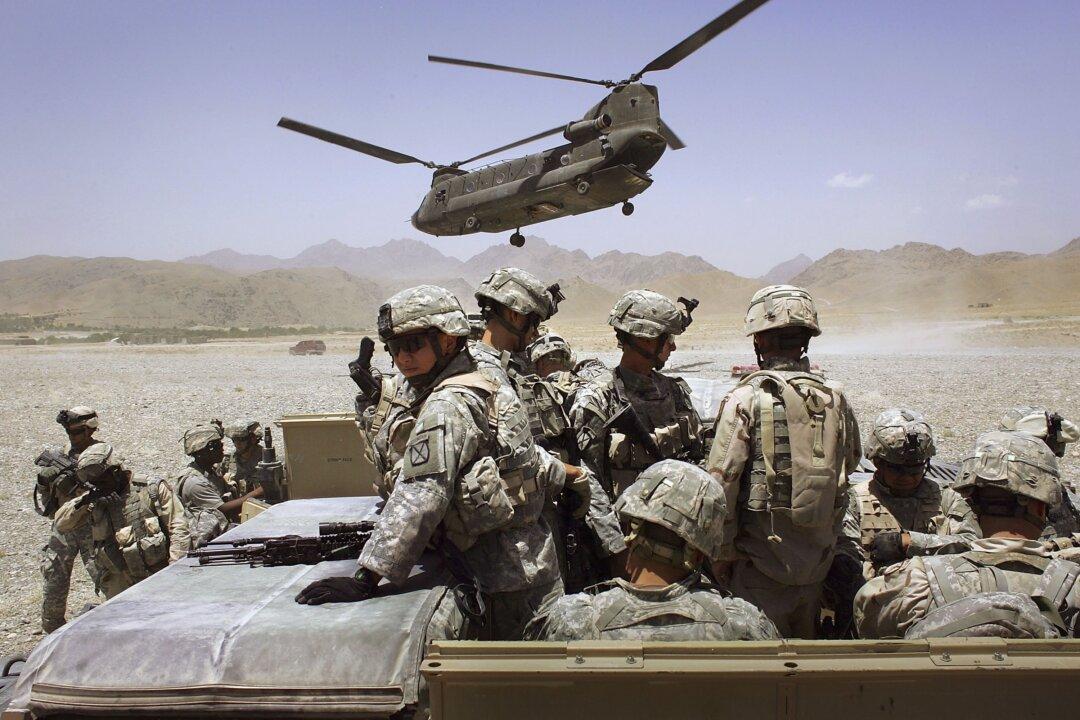Negotiators for the United States agreed to a draft peace deal with the Taliban on Jan. 26, according to Taliban officials, drawing closer than ever to ending the U.S.’s longest war.
The deal, which isn’t official until agreed to by both sides, calls for the withdrawal of foreign troops from Afghanistan in 18 months, in exchange for a ceasefire from the Taliban, among other items. Taliban sources provided the draft pact to Reuters.





